Principal Investigator
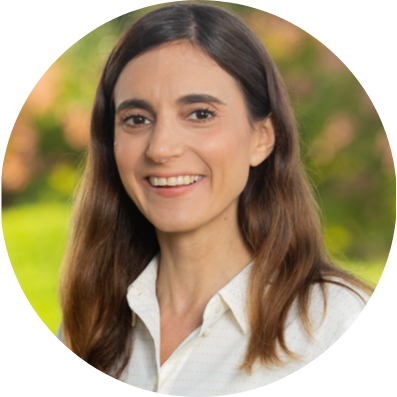
Prof. Shlomit Yuval-Greenberg
Dr. Yuval-Greenberg received her Ph.D. in Psychology from The Hebrew University in 2009. Her dissertation, under the guidance of Prof. Leon Deouell, focused on ocular artifacts and gamma-band activity in EEG. She then completed her postdoctoral training with Prof. David Heeger in in NYU, focusing on visual fMRI and eye movements. Yuval-Greenberg joined the School of Psychological Sciences as a faculty member in 2013.
Dr. Yuval-Greenberg’s research focuses on cognitive neuroscience of the visual system in humans. Using psychophysics, EEG and fMRI, she is interested in studying visual perception processes. In particular visual awareness, visual attention, object recognition and the relation between eye movements and perception
Phd students
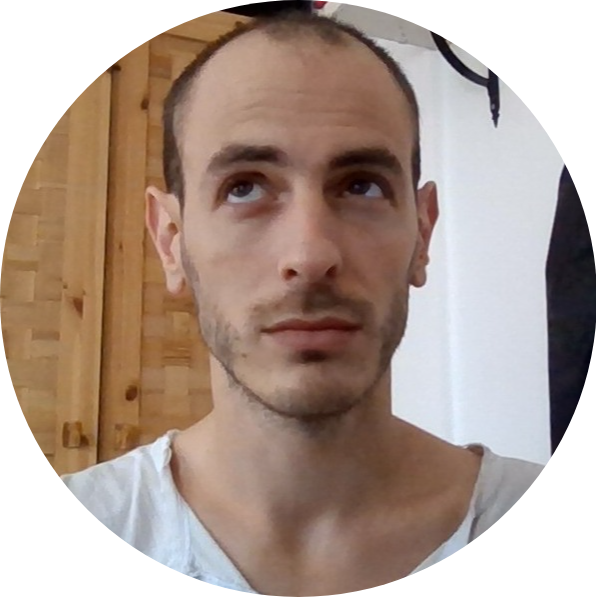
Amit Zehngut
In my research, I study the signaling role of eye movements in social interactions. Currently, I am interested in the ability to convey and receive information about our attentional state through gaze behavior.
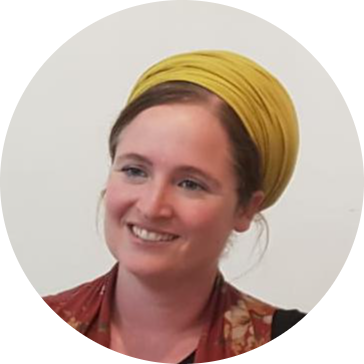
Orit Shdeeor
I started my academic journey after gaining valuable experience as a neurocognitive therapist in rehabilitation centers. My current research focuses on visual perception and aims to understand the factors that drive our eye movements when spontaneously observing the world around us. I am exploring how the saliency of peripheral stimuli and top-down processes can impact the way we perceive the world. Also, I am examining how these factors may correlate with age-related changes in perception among the elderly population and how it may impact their memory and attention.
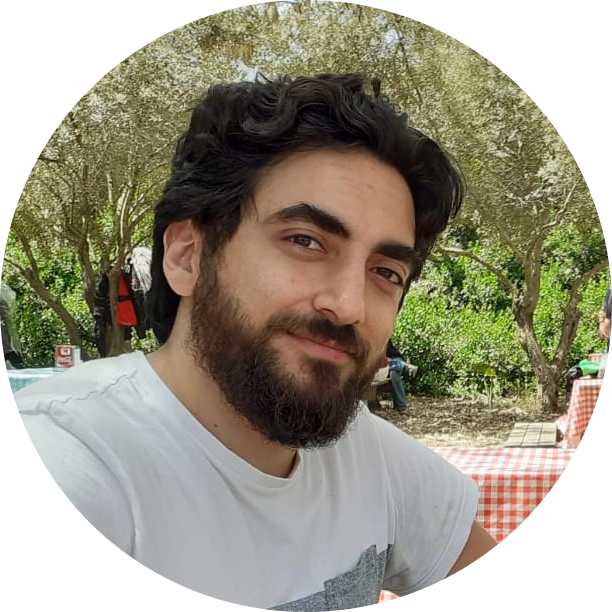
Shahar Mesika
My research primarily focuses on understanding the role of semantic and lexical content in conversations as potential predictors of eye movements. Currently, I am concentrating on developing an appearance-based gaze estimation model, which will serve as a crucial foundation for my subsequent work. This model will enable me to construct a comprehensive dataset of eye movement-labeled conversations. Following this, I plan to build a deep learning model to predict gaze shifts based on conversational content. My research aims to deepen our understanding of the complex interplay between language, eye movements, and visual attention, offering potential applications in human-computer interaction, psychology, and linguistics.
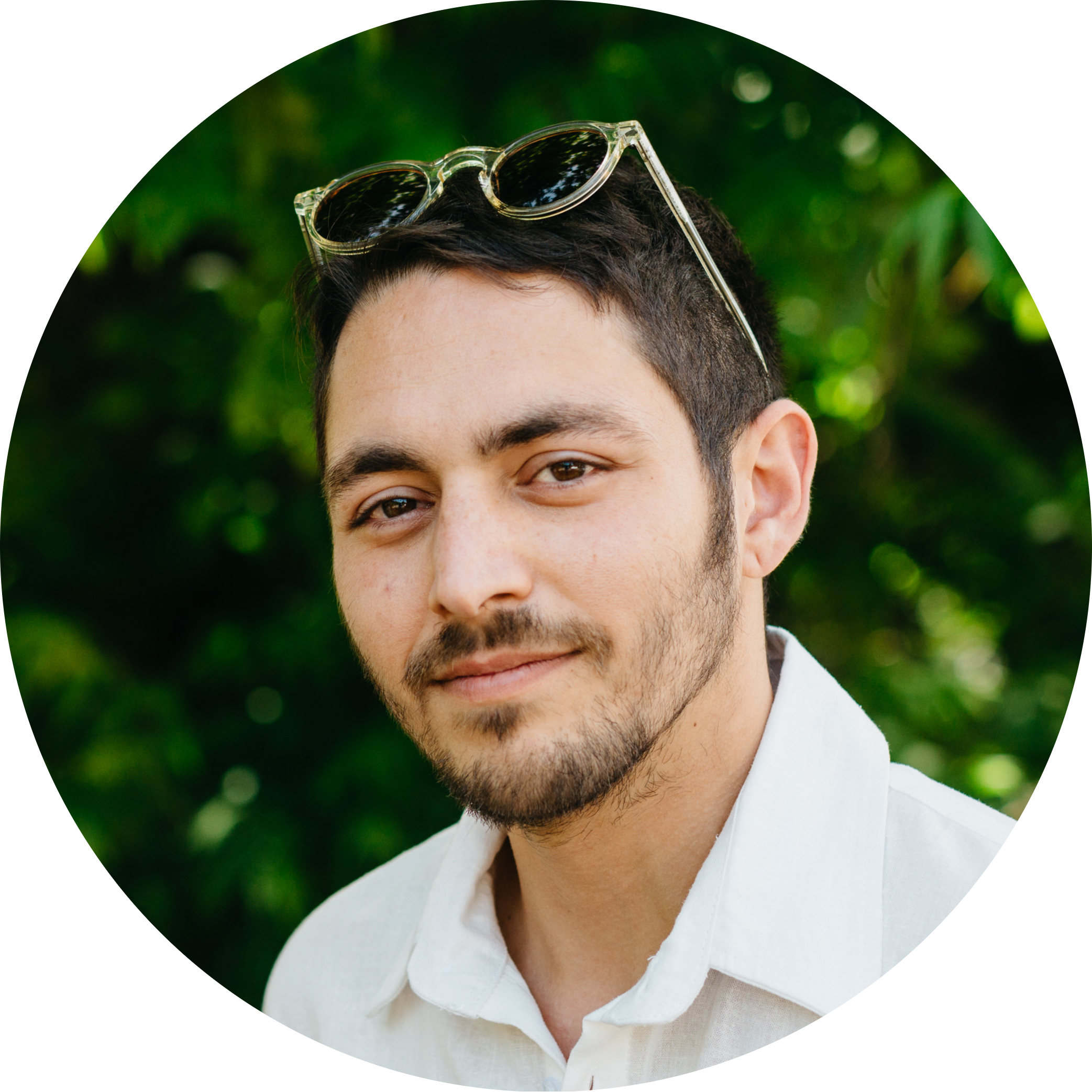
Yoad Ben Adiva
In my research, I study the spatiotemporal micro-dynamics of visual attention, with a focus on how attention shifts across time and space within a single eye fixation. I use a combination of eye-tracking, EEG, and computational modeling during controlled visual tasks to investigate how attentional mechanisms operate at millisecond resolution and support broader cognitive functions such as sustained attention and visual exploration.
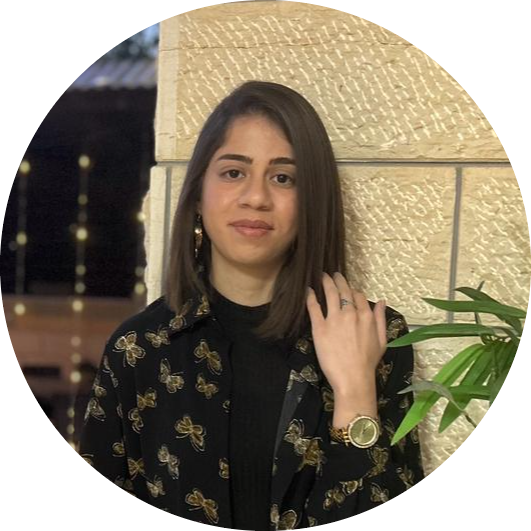
Rania Qais
Within my research, I study the interaction between saccadic eye movements and working memory. Specifically, I explore the utilization of both micro and macro saccades within the memory process, while also investigating the impact on peripheral vision. The primary objective of my study is to unravel the extent to which individuals rely on eye movements as a cognitive strategy to enhance their memory recall.
MA Students
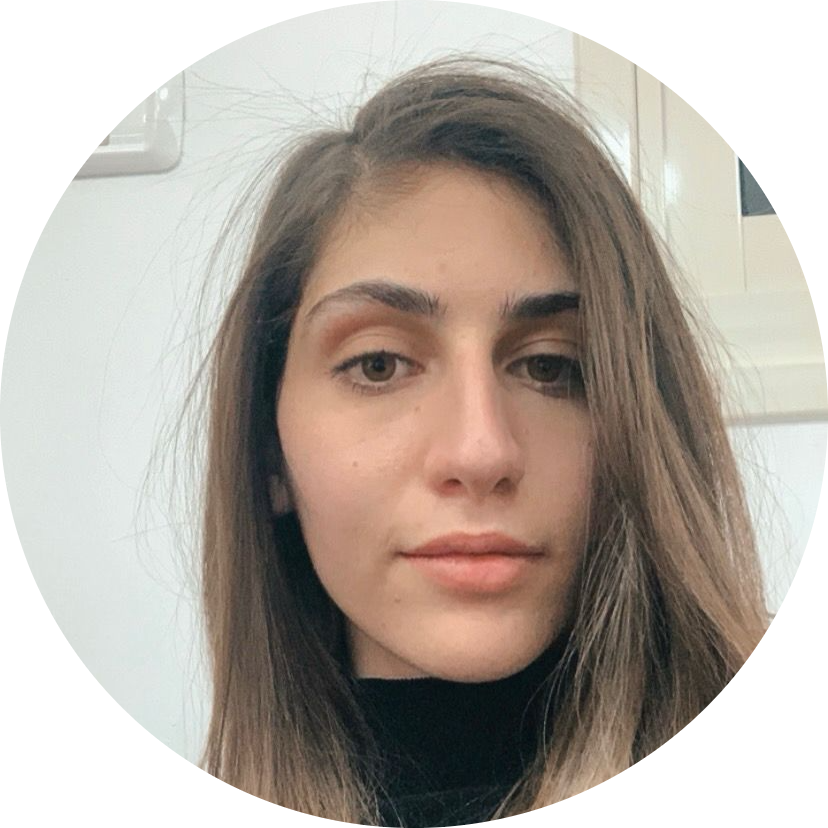
Eman Ahmad
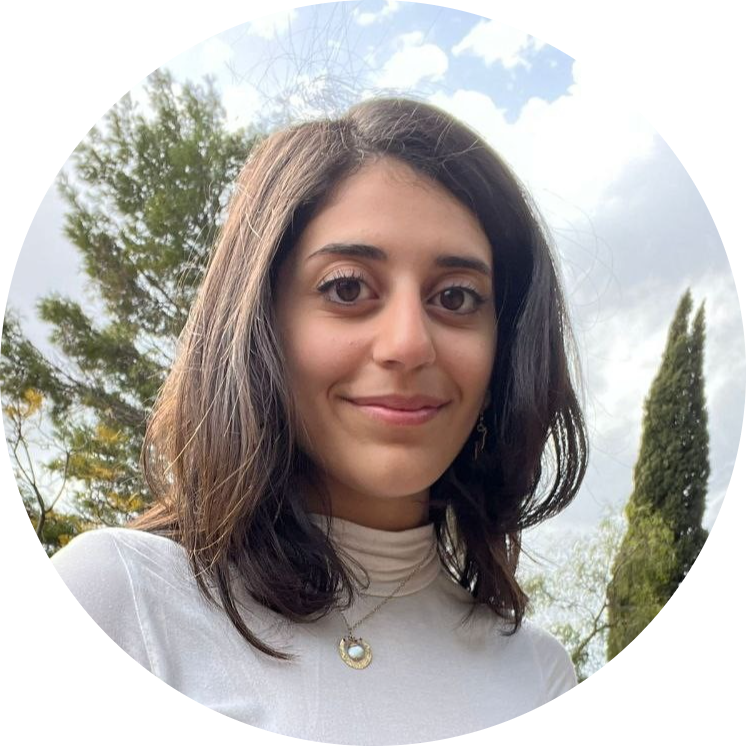
Noor Nasser

Rana Igbaria
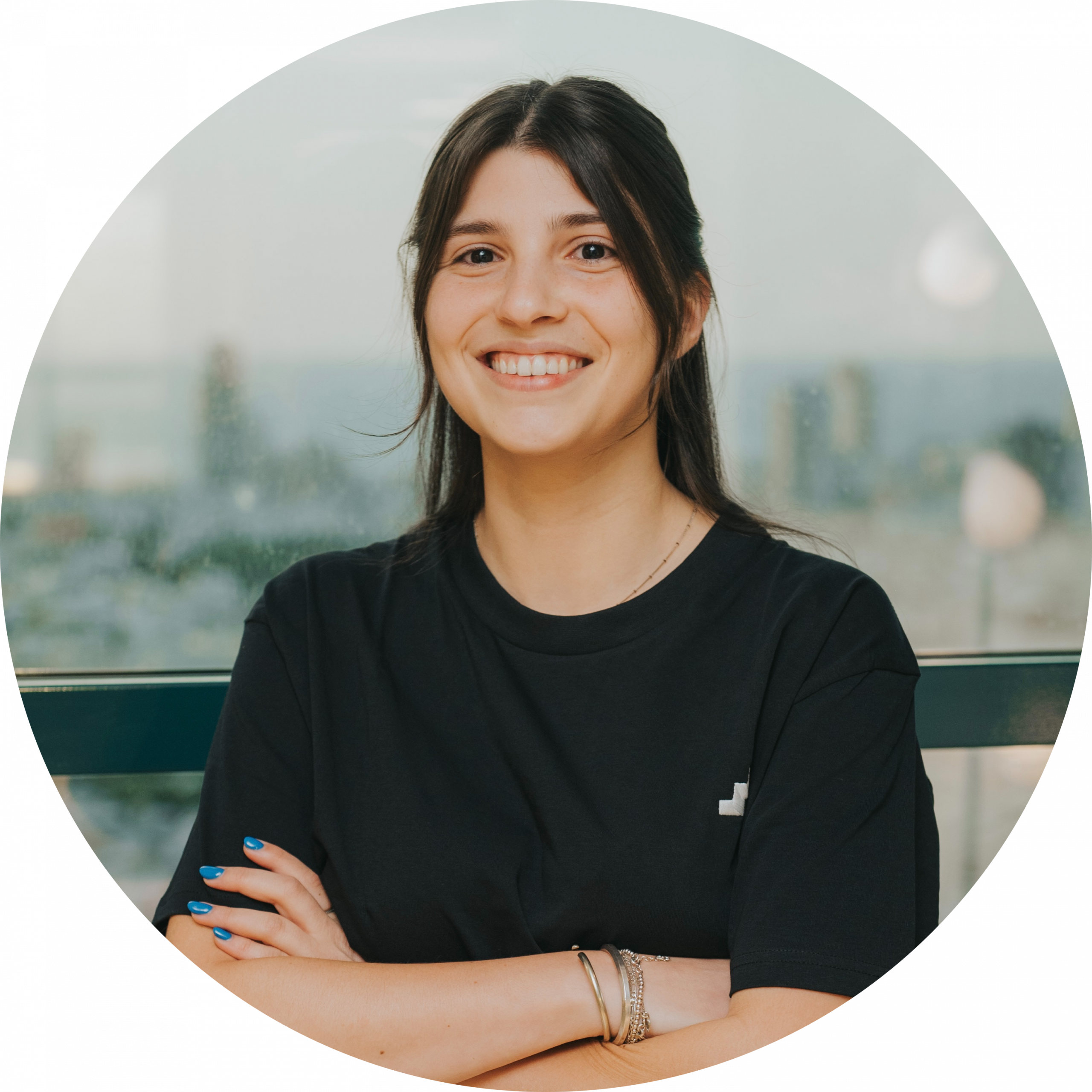
Shira Zadok
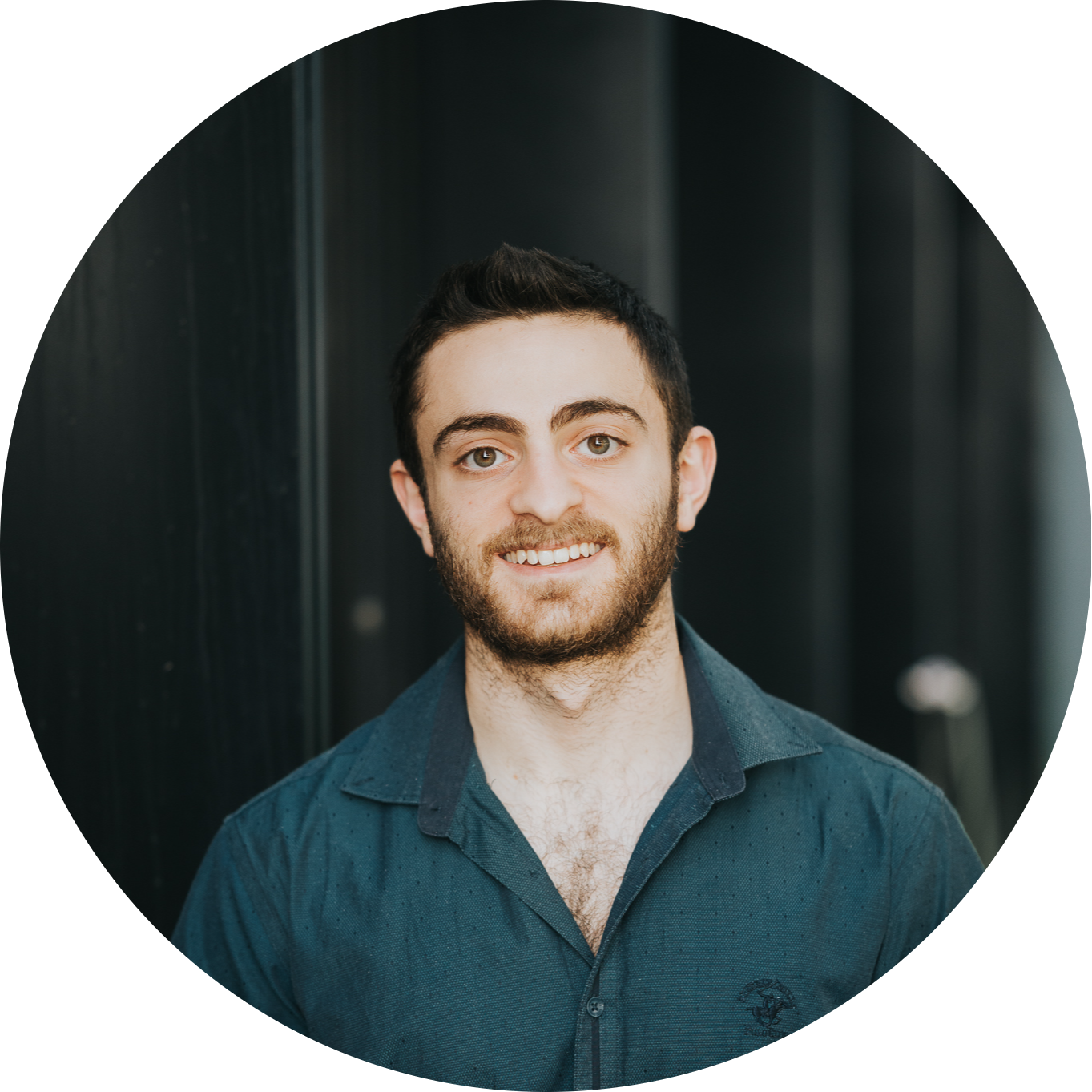
Roi Tzadok
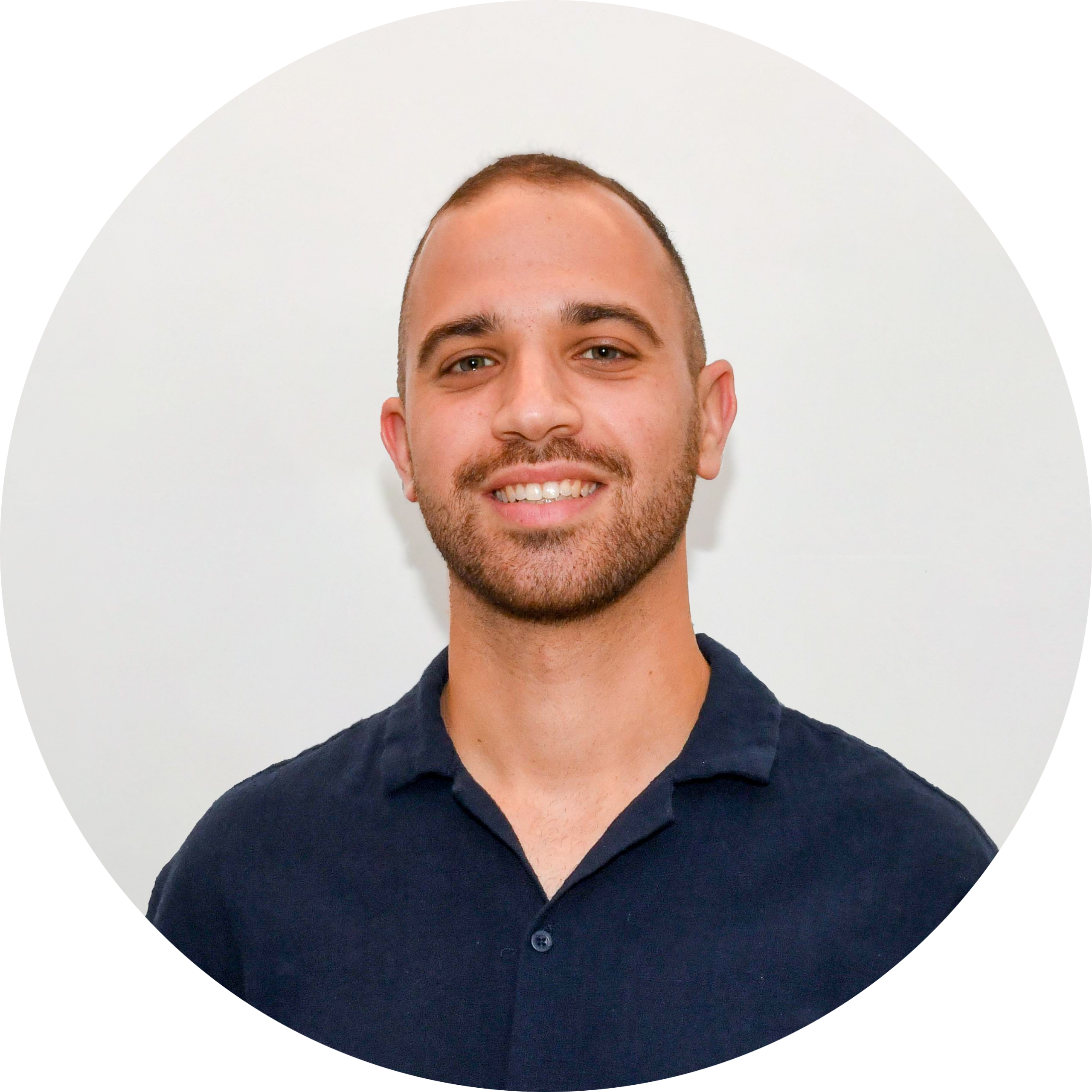
Yuval Even Zahav
Staff
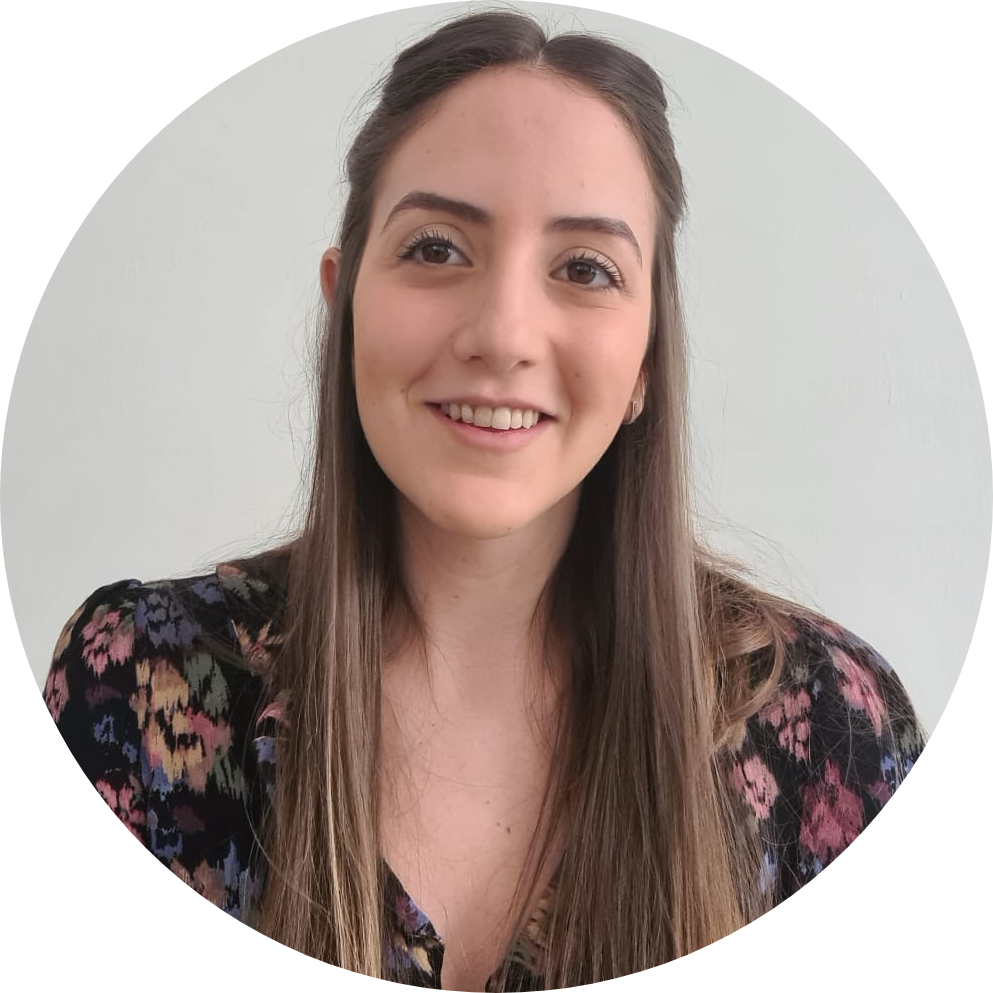
Keren Nistor
Lab Manager & Research Assistant

Idan Grodberg
Research Assistant
Lab Alumni
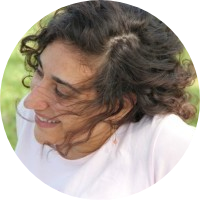
Rinat Hilo
My study focuses on the interplay between eye movements and visual attention. Specifically, I’m interested in remapping processes and the trans-saccadic integration of visual information.
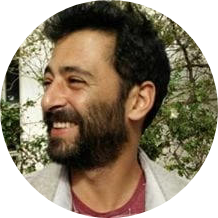
Roy Amit
My main research interest is reading and eye movements. I’m trying to understand the intricate eye-movement – attention – processing relation in natural reading. I’m interested in a wide variety of topics from low level visual processes underpinning eye movement control done in reading up until linguistic factors, processing and understanding of the text
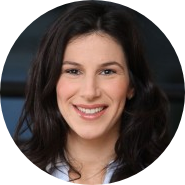
Anat Keren
I study the correlation between eye movements, attention shifting and driving simulator performances among adolescents with ADHD.

Dekel Ables
My main focus is on the relationship between spatial attention and eye movements, utilizing electroencephalography and eye-tracking to investigate the temporal dynamics of visual processing of both perceived and imaginary objects.

Noam Tal-Perry
Currently my main area of research involves the study of temporal attention and expectation, using both behavioral and electrophysiological methods, but also using a novel oculomotor measure related to the inhibition of the eye prior to expected events.

Keren Taub
In my research, I’m using eye tracker to test the influence of irrelevant textual stimulation on the reaction time of target-directed saccades. My goal is to find whether reading direction could influence the performance of saccades, and to understand the attentional and directional effects of text on the preparation of motor schemes for saccades.
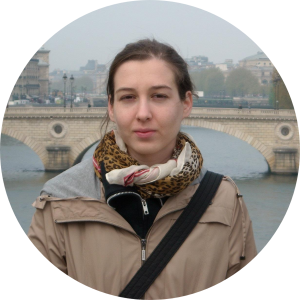
Yarden Dankner
In my PhD I study how to implement Implementing pupillometry analysis techniques in sustained attention assessments in both the auditory and visual modality, to track lapses of attention and to promote attentive learning.